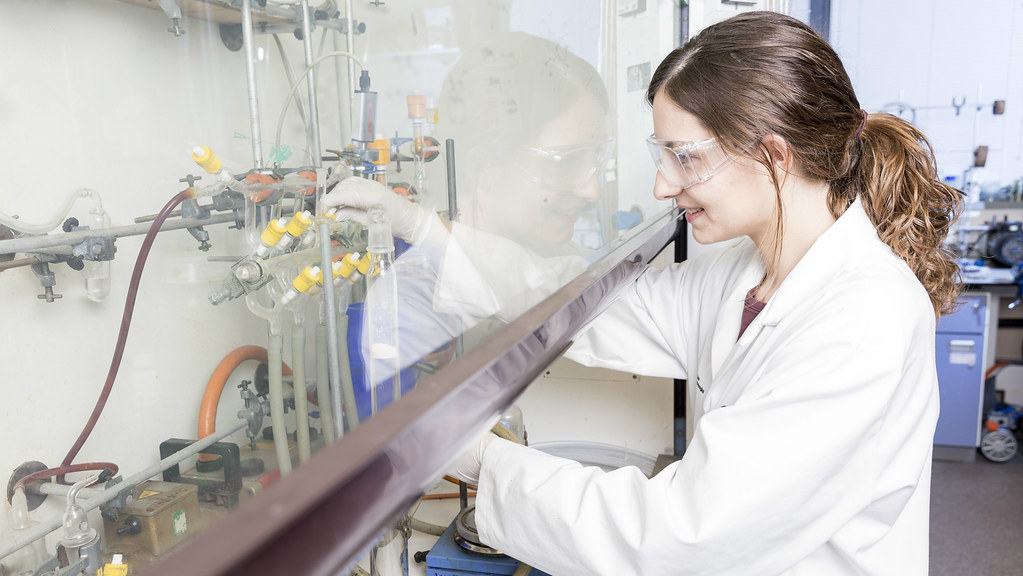A major funding decision, announced today by the Universities and Science Minister David Willetts, will secure the continued success of an innovative PhD programme based here at Bath training sustainable chemical technology experts of the future.
As part of a wider package of funding announced today, the Centre for Doctoral Training (CDT) established in 2009 and based within our Centre for Sustainable Chemical Technologies (CSCT), will benefit from continued support from the EPSRC to train over 60 further PhD students, securing its future until 2023.
This approach is significantly different to traditional PhD programmes, combining a far broader training for students, including in public engagement, with high quality multidisciplinary research with industrial and international partners. The CDT has established strong links with a wide range of industrial and international partners, enabling students to apply their research to real world issues.
By placing fundamental concepts of sustainability at the core of its research and training, the CDT works at the interface between chemistry, chemical engineering, biotechnology and manufacturing. Its broad research themes encompass renewable resources and biotechnology; energy and water; processes and manufacturing; and healthcare technologies.
The CDT is aligned with international partner institutions in the USA, Germany, Australia, and South Korea, helping to provide world-leading international input, along with exciting opportunities for collaborative research and student internships.
Commenting on the announcement, Professor Matthew Davidson Director of the Centre for Sustainable Chemical Technologies said: “Building on the success of the current Doctoral Training Centre, today’s announcement ensures that we will continue to lead in the developing field of sustainable chemical technologies, especially in areas of growing industrial importance of such as biotechnology and low carbon manufacturing.
“The centre provides a dynamic and truly multidisciplinary environment for innovative PhD research, responding to a national and global need to train highly skilled scientists and engineers as tomorrow's leaders in sustainable innovation.”
As part of the programme, PhD students study in cohorts of 12 to 18; all starting at the same time in October. In the first year of study students undergo in-depth training and study and complete two short research projects ahead of committing to a final three-year PhD project.
Students already studying in the Centre have been involved in a variety of public engagement and outreach activities, including ‘I’m a Scientist, Get Me Out of Here!’ and the Cheltenham Science Festival, helping them to communicate the relevance of their research to a wider audience.
To date there have also been a number of high-profile internships. As well as opportunities with our partners and other companies, internships have ranged from developing sustainable chemistry in Ethiopia to working in the Parliamentary Office of Science and Technology.

